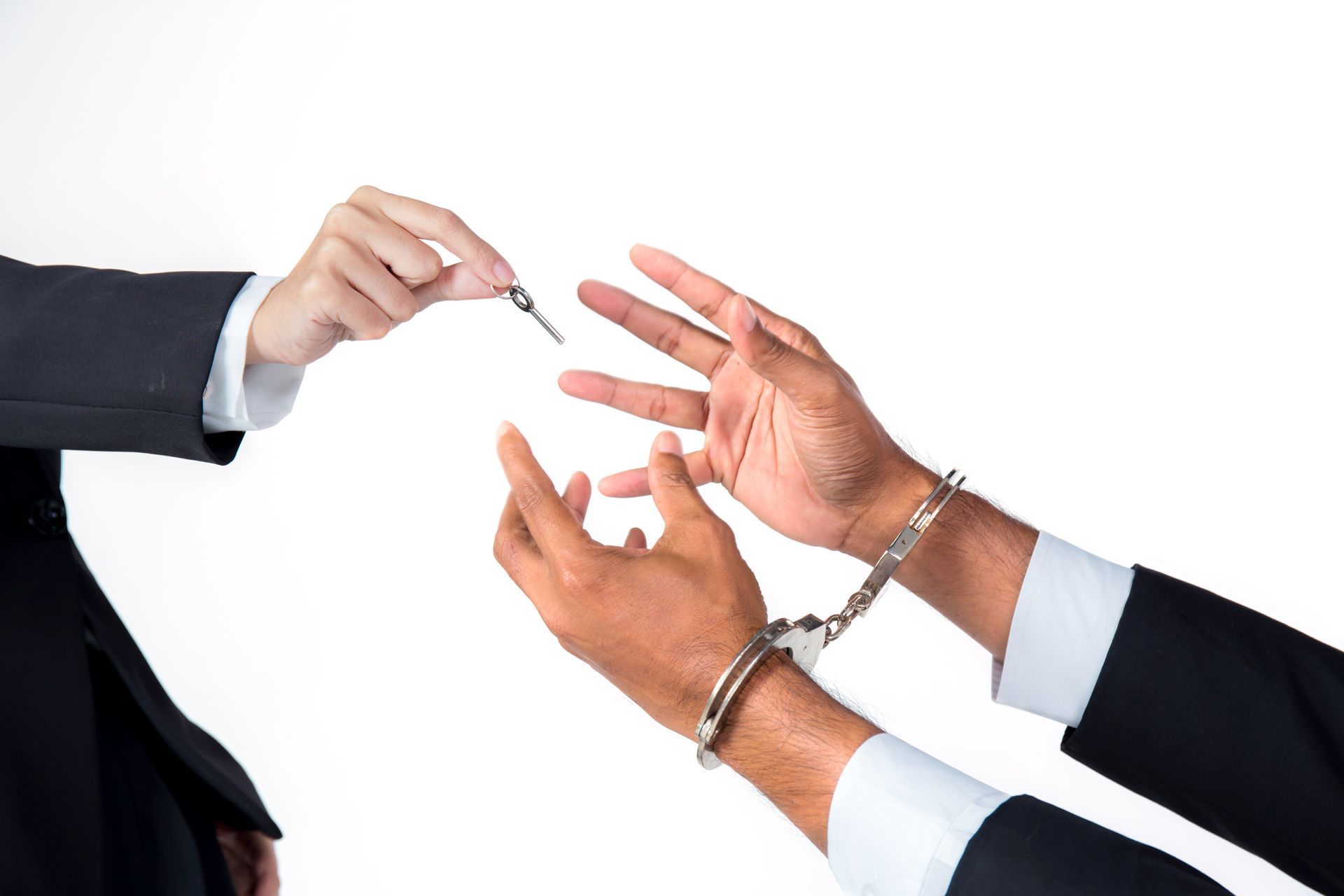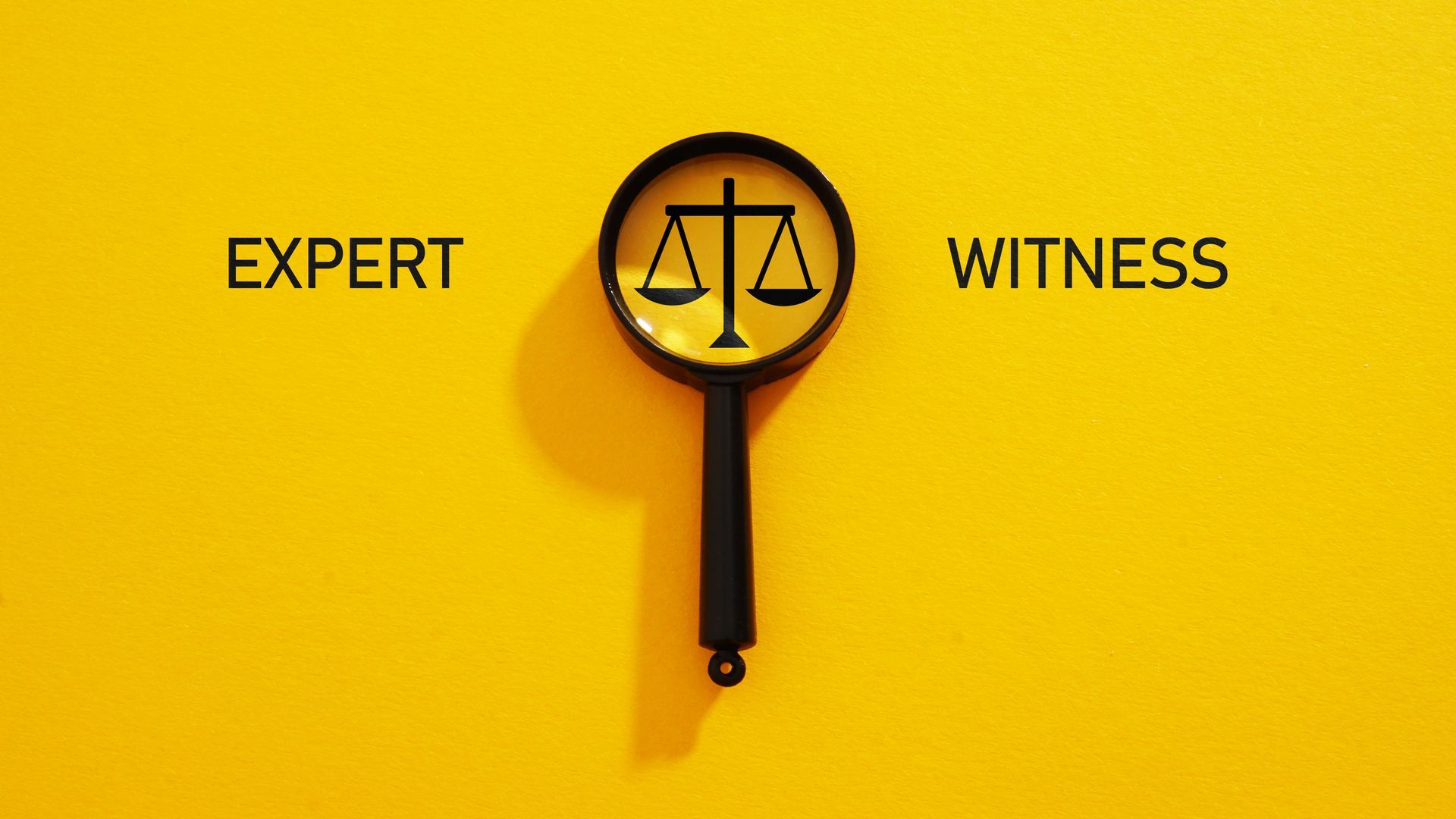What Is ‘Deferred Prosecution’, and Can It Keep Your Record Clean?

If you've been charged with a low-level crime in Maricopa County, you may be offered something called diversion, which is a process that can prevent a conviction and keep your record cleaner than a traditional guilty plea. In other parts of the country, this is often called deferred prosecution.
While these programs can be a second chance, they still come with conditions and consequences. It’s important to understand what you’re agreeing to before you decide whether to accept diversion.
What Deferred Prosecution Means in Maricopa County
In Maricopa County, deferred prosecution is handled through formal Diversion Programs offered by the Maricopa County Attorney’s Office (MCAO). To enter the program, you must admit responsibility for the offense, though this is not technically a guilty plea.
If you're accepted into a diversion program, the court pauses prosecution for the eligible charge(s) while you complete the program. Any other charges not accepted into diversion may continue through the standard process.
If you complete the program successfully, the eligible charges are dismissed, and the case does not move forward. That means no conviction will appear on your criminal record for those charges. Failure to complete the program means the case picks up where it left off, and your earlier admission of responsibility can be used against you.
Who Is Eligible for Diversion in Maricopa County?
Diversion is typically available to first-time offenders and individuals facing non-violent, low-level charges. Eligibility is determined by the county attorney’s office based on the type of offense, your criminal history, and other risk factors.
Charges commonly eligible for diversion include:
- Possession of drugs for personal use
- Shoplifting or minor theft
- Criminal damage (e.g., graffiti or property vandalism)
- Disorderly conduct
- Trespassing
- Some non-aggravated assaults
To be accepted, you usually must admit responsibility for the underlying conduct. This is not the same as pleading guilty, but it does mean acknowledging that the offense occurred.
Charges That Are Not Eligible
Diversion is usually not available for serious or violent crimes:
- Violent felonies or crimes involving serious injury
- Sexual offenses
- Most domestic violence charges
- Gun-related crimes
- Repeat offenses or cases involving a significant prior record
Even if your charge appears eligible, the prosecutor has discretion to deny diversion based on case-specific details or prior behavior.
What You’ll Have to Do in the Program
If accepted into diversion, you’ll sign a contract outlining the conditions you must meet. These vary depending on the offense, but programs generally last between 3 and 12 months. It’s also not free of financial costs and obligations, which may include:
- Counseling or behavioral health treatment
- Drug or alcohol education programs
- Anger management or impulse control classes
- Restitution to any victims
- Community service
- Payment of program fees
Any new arrests or violations during the program can restart prosecution, but if you follow all conditions and complete the program on time, the charges are dismissed and no conviction is entered.
Does It Keep Your Record Clean?
Completing diversion prevents a conviction, which is a major benefit. But it doesn’t mean the arrest and charges disappear completely.
- The charge and arrest will still appear in your public record
- Unless sealed later, the court record will show that you entered and completed a diversion program
- Arizona now allows record sealing under ARS 13-911, which means you may be able to petition to seal the case after successful completion
- Sealing is not automatic; you must apply for it and meet eligibility requirements
- While diversion helps avoid the most damaging long-term consequences, a clean slate still requires action once the program is over.
Why You Should Talk to a Phoenix Defense Attorney Before Entering Diversion in Maricopa County
Prosecutors often offer diversion early in a case, especially for common charges like shoplifting or possession. But accepting diversion isn’t always the right decision, especially if you believe you were wrongfully charged, or if you don’t think you can successfully complete the program. A criminal defense attorney can help determine:
- Whether you’re truly eligible for diversion
- Whether your case can be challenged or dismissed outright
- Whether the program terms are reasonable and achievable
- What happens if you fail the program or miss a requirement
- If record sealing is an option afterward
In some cases, especially when evidence is weak or the charge is defensible, fighting the case may be better than entering a diversion program and admitting responsibility.
Consult With a Phoenix Criminal Defense Lawyer to Learn More About Diversion Eligibility
If you're facing criminal charges in Maricopa County and want to know whether diversion may be on the table in your case, contact Michael Alarid III today. As a Board-Certified Criminal Law Specialist, he can explain eligibility requirements and whether diversion may be worthwhile for your situation.
Call (602) 818-3110 or schedule a free confidential consultation online.



